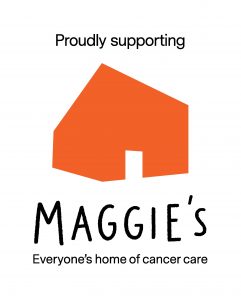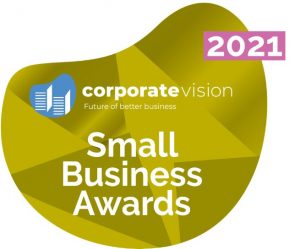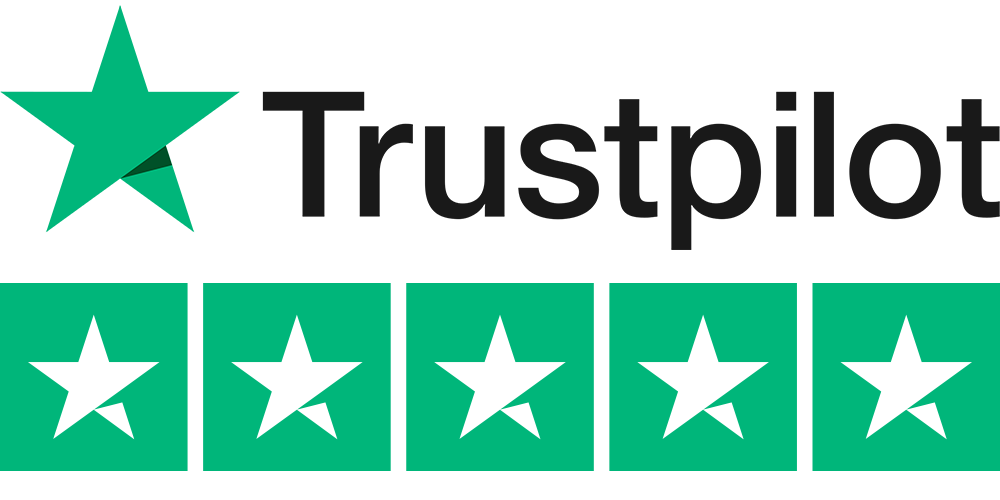Debt Relief Order
What is a Debt Relief Order (DRO)?
A Debt Relief Order or DRO provides a way of dealing with debts you can’t afford to pay. It presents an alternative to bankruptcy, and like bankruptcy, you’ll usually be discharged after a year, at which point all debts included will be cleared.*
*The caveat with this, is that any debts you obtained through fraud will still need to be repaid once the DRO comes to an end.
Full Governmental advice and information on DROs are available here.

However, some important things worth noting about DRO’s include:
- You might be eligible for a Debt Relief Order if you have disposable income of less than £75 per month, personal assets below £2,000, a car worth less than £4,000 and total debts of less than £50,000. You should also have lived or worked in England or Wales for the last 3 years and not had a DRO in the last 6 years. DRO's are available in Northern Ireland but different eligibilty criteria apply.
- DRO's are free if you live in England or Wales.
- Should your circumstances change and your financial situation improve at any time within the period of the DRO (usually 12 months) the DRO may be revoked so that you can arrange to pay your creditors.
Applying for a DRO must be done through an authorised debt adviser (known as an ‘approved intermediary’). They will make the application on your behalf to an officer (known as an official receiver) of the bankruptcy court.
You can find out more about applying for a DRO at:
The official receiver will determine whether or not you meet the criteria to be granted a DRO. In order to do this, they will look into your financial affairs before granting a DRO and if your circumstances change during the period of the DRO.
Assuming a DRO application is granted, it will usually last for a period of 12 months. A DRO may be revoked if there is a positive change in financial circumstances within that 12 month period.
You will be notified by the official receiver who will explain the restrictions and duties involved with the DRO. They will also inform all listed creditors that the DRO has been made and that they can’t ask for repayments during that period of time.
No repayments can be made or requested during the period of the DRO, which is added to the Individual Insolvency Register and only removed 3 months after expiry of the DRO.
Whilst DRO’s do offer valuable breathing space, certain debts must still be paid, even when a DRO is in place. These include:
- Child maintenance
- Student loans
- Budgeting or crisis loans from the Social Fund
- Debts secured against your assets
- Fines for drug offences
- Court-ordered damages or fines
- Unpaid TV license fees
- Any debts you incur after the DRO is granted
Mortgage payments, rent and all regular bills must still be paid as well.
There are restrictions regarding your financial activity under a DRO, as well as certain rules regarding how soon you would be able to apply for one in the future.
Finally, let’s look at a few Benefits and Considerations for DROs:
Benefits |
Considerations |
| In most cases, you are discharged and outstanding debt cleared after a year | Your name will be added to the Insolvency Register |
| All debt is frozen during the time period | Your credit rating will be affected for 6 years |
| You are protected from legal action during the time period | The process may impact your current and future employment |
| Contact from creditors will cease | If your circumstances change and you cannot fulfil your obligations, the arrangement may be revoked |
Contact us today | Get on track to a debt-free life
No one should have to deal with financial troubles alone. Whether you’re looking to resolve your financial struggle once and for all or just want to ease the burden by talking things through, we can offer you information and assistance on how best to proceed. Get in touch today to take the first step towards a better financial future. See if you qualify.




